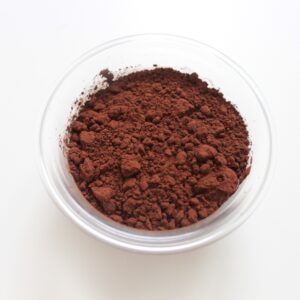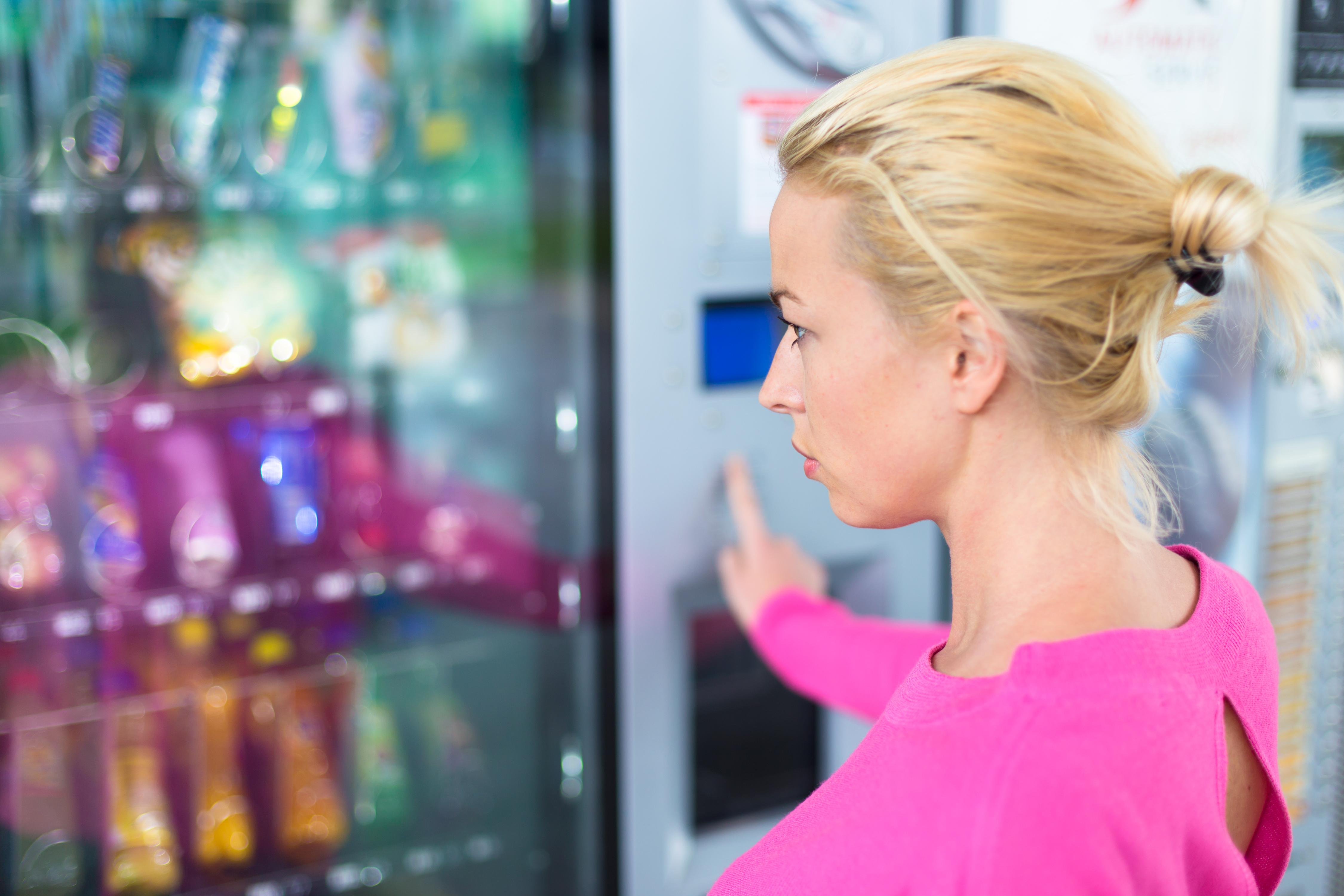 A crew on the University of Birmingham has discovered that folks given a cocoa drink containing prime ranges of flavanols had been in a position to finish positive cognitive duties extra successfully than when ingesting a non-flavanol enriched-drink.
A crew on the University of Birmingham has discovered that folks given a cocoa drink containing prime ranges of flavanols had been in a position to finish positive cognitive duties extra successfully than when ingesting a non-flavanol enriched-drink.
The learn about members additionally underwent non-invasive mind imaging to measure blood oxygenation ranges within the mind. Working with mavens on the University of Illinois at Urbana-Champaign (Illinois), the researchers confirmed that members who had fed on the flavanol-rich drink produced a sooner and bigger building up in blood oxygenation ranges in keeping with artificially increased ranges of CO2 (hypercapnia).
Flavanols, a sub-group of plant flavonoids, are found in cocoa, grapes, apples, tea, berries and different meals. They are recognized to have a recommended impact on cardiovascular well being, however their results on mind well being aren’t smartly understood. This learn about, printed in Scientific Reports, is the primary time the cognitive results of flavanols in younger, wholesome topics and the hyperlink with mind blood oxygenation had been investigated.
Lead creator, Dr Catarina Rendeiro, of the University of Birmingham’s School of Sport, Exercise and Rehabilitation Sciences, defined: “We used cocoa in our experiment, but flavanols are extremely common in a wide range of fruit and vegetables. By better understanding the cognitive benefits of eating these food groups, as well as the wider cardiovascular benefits, we can offer improved guidance to people about how to make the most of their dietary choices.”
In the learn about, 18 wholesome male members elderly between 18 and 40 underwent an ordinary process to problem the mind’s blood movement that comes to respiring 5% carbon dioxide – about 100 occasions the standard focus in air, generating an impact known as hypercapnia. Non-invasive near-infrared spectroscopy, a method that makes use of mild to seize adjustments in blood oxygenation ranges, used to be used to trace the will increase in mind oxygenation within the frontal cortex in keeping with this carbon dioxide problem.
Each player underwent the check earlier than and after ingesting a cocoa drink on two events and on a kind of events, the drink used to be enriched with flavanols. Following the carbon dioxide check, the members had been requested to finish plenty of step by step complicated cognitive checks.
The researchers discovered that the members who had taken the flavanol-enriched drink had the very best ranges of blood oxygenation in keeping with hypercapnia, achieving ranges as much as 3 times upper than members ingesting the non-flavanol-enriched drink. They additionally completed those increased ranges 1 minute sooner than members who drank the non-enriched cocoa.
In the cognitive checks, the researchers discovered important variations within the pace and accuracy with which volunteers finished the upper complexity duties, with volunteers who had taken the flavanol-enriched drink acting the duties 11 in step with cent sooner on moderate.
“Our results showed a clear benefit for the participants taking the flavanol-enriched drink – but only when the task became sufficiently complicated,” explains Dr Rendeiro. “We can link this with our results on improved blood oxygenation – if you’re being challenged more, your brain needs improved blood oxygen levels to manage that challenge. It also further suggests that flavanols might be particularly beneficial during cognitively demanding tasks.”
The researchers additionally famous an extra consequence. Within the learn about cohort, there used to be a small organization who didn’t receive advantages in any respect from the flavanol-enriched drink on the subject of blood oxygenation ranges, and who additionally didn’t derive any cognitive receive advantages. This organization used to be proven to have current prime ranges of mind oxygenation responses initially that weren’t greater additional through ingesting the enriched cocoa. “This may indicate that some individuals, that perhaps are already very fit, have little room for further improvement” provide an explanation for Dr Rendeiro.
“The small group of participants who did not react to the flavanol gives us additional evidence to confirm the link between increased brain blood oxygenation and cognitive ability,” provides Dr Rendeiro.

